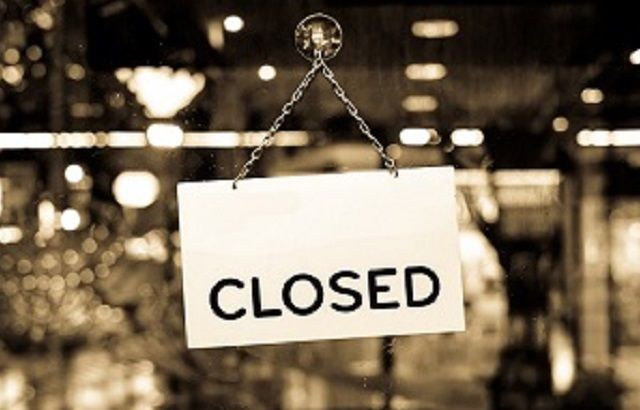It seemed apparent for a while that the coronavirus pandemic in Germany was, largely, over. That fallacy has been laid somewhat to rest this week.
According to the Robert Koch Institute here in Berlin, the current seven-day incidence within Germany is at 232.1. Other numbers, available through Tagesspiegel, place it even higher, at 235.
To put it into perspective, according to the Deutsche Press Agentur (DPA): “The previous record value was reached at the peak of the second corona wave on 22.12.2020 with 197.6.”
According to Worldometer, which most here have watched with an almost-obsessive focus throughout 2020 and 2021, the number of active cases within Germany has risen steeply from 134,930 to 335,180 since the beginning of October.
Classroom facemasks
And if no one on the streets of Berlin is panicking, the same cannot be said for those in charge. The DPA also reported that Christian Drosten, the head of virology at the Charite hospital here, said that he expected a ‘very strenuous winter’, with contact restrictions conceivable.
There is very little good news. The rate of ICU beds taken up by covid patients has bumped up to 12.8%. If it goes over 20%, that is another red light on the traffic light system. Given how numbers are trending, we should not be far from being locked down again. Already, it has been decreed that children—who are still being tested twice a week at school for the virus—will once again wear facemasks in the classroom.
All this against a backdrop where the numbers of people being vaccinated has tailed off, according to Impfdashboard, at 67.3% of the population
That said, the numbers are still relatively low. Just under 40,000 people tested positive for coronavirus in a single day this week, or roughly 0.0005% of the population. And no one is yet calling for a fourth lockdown, although Drosten seems to intimate that one could be on the cards.
Impractical and unpopular
There is also the view—and it’s mine, too—that another lockdown is unworkable, undesirable, and counterproductive, given that the population has been asked repeatedly to put everything on hold for the last two years. Compliance, which outgoing chancellor Angela Merkel wants, is powered only by goodwill or fear. And both of those have been running dry for some time.
There is also the question of what this wave may do to the economy. As I wrote recently, the German government cut its economic outlook from 3.5% to 2.6% (while raising its 2022 outlook to 4.1%). This was largely due to issues in the supply chain, coupled with inflation.
We have a confluence of at least four things hitting: supply chain issues, inflation, a labour shortage, and a resurgent pandemic.
And the government seems largely tapped out and rudderless as it awaits who will be the new chancellor (although it seems pretty set that it will be Olaf Scholz). The state has tried since the beginning of 2020 to shoulder much of the burden brought by coronavirus, although much of its work was done hurriedly and then slowly taken apart later.
As Deutsche Welle put it in August: “Government spending to cushion the economic blow of the crisis left an €80.9bn ($95bn) hole in public finances for the first half of 2021. The amount equated to a public sector deficit of 4.7% of GDP — the largest in 26 years.”
It seems doubtful that this is a well that any new government, no matter who is at the head, will look to revisit. And if the economy is teetering from all these body blows, it is unlikely that they will shut everything down—schools, factories, the retail sector—in order to once again send everyone home. It seems doubtful that the population would stand for it.
There appears to be a period of turbulence approaching but many seem to have buried their heads in the sand. As I wrote about Peter Altmaier, the outgoing federal minister of economics, recently when he spoke in somewhat-positive terms about the economic downgrade, “[He] still managed to sound upbeat about it, like a freezing man outside on a cold night, admiring the heat of his burning house.”
I thought of that phrase again this afternoon when I turned to a story on Politico about the German economy. That 250-word story by Johanna Treeck made no mention of the words ‘covid’, ‘coronavirus’, or ‘pandemic’, an almost-tacit admission that there is a sense that it is over. Apparently, it is not. And the unforgivable thing is that we are about to hit a fourth wave, and no one yet seems to have worked a system to deal with it, given that the gunpowder in everything we have had before now appears sopping wet.







